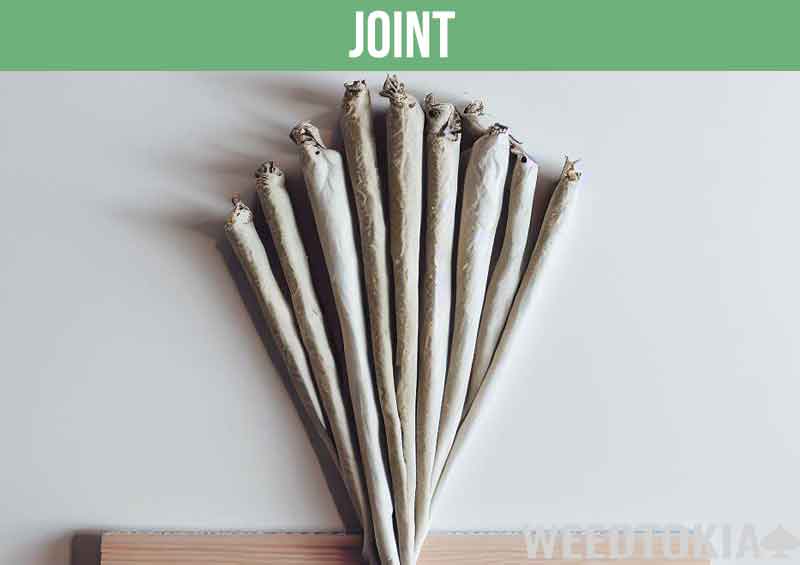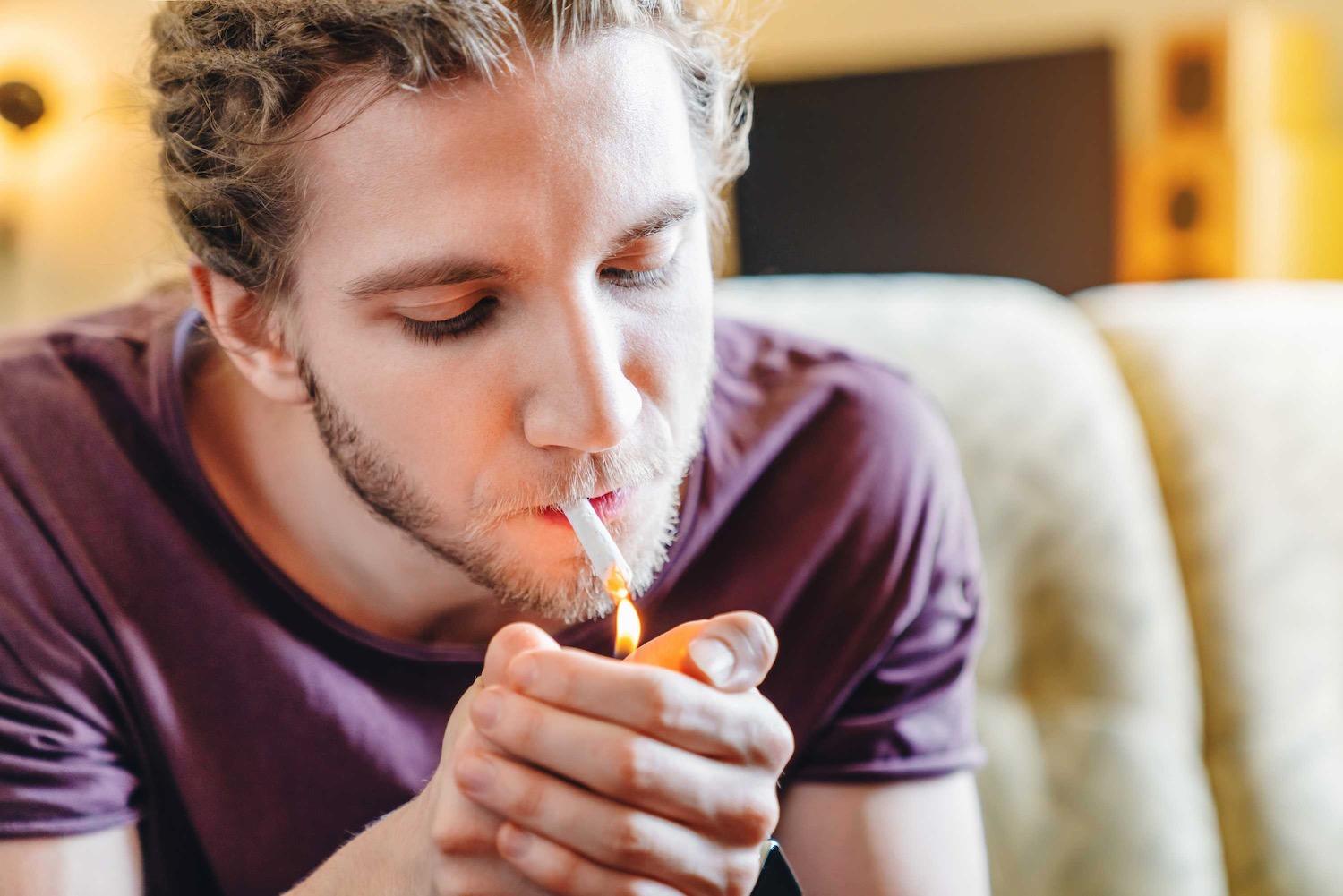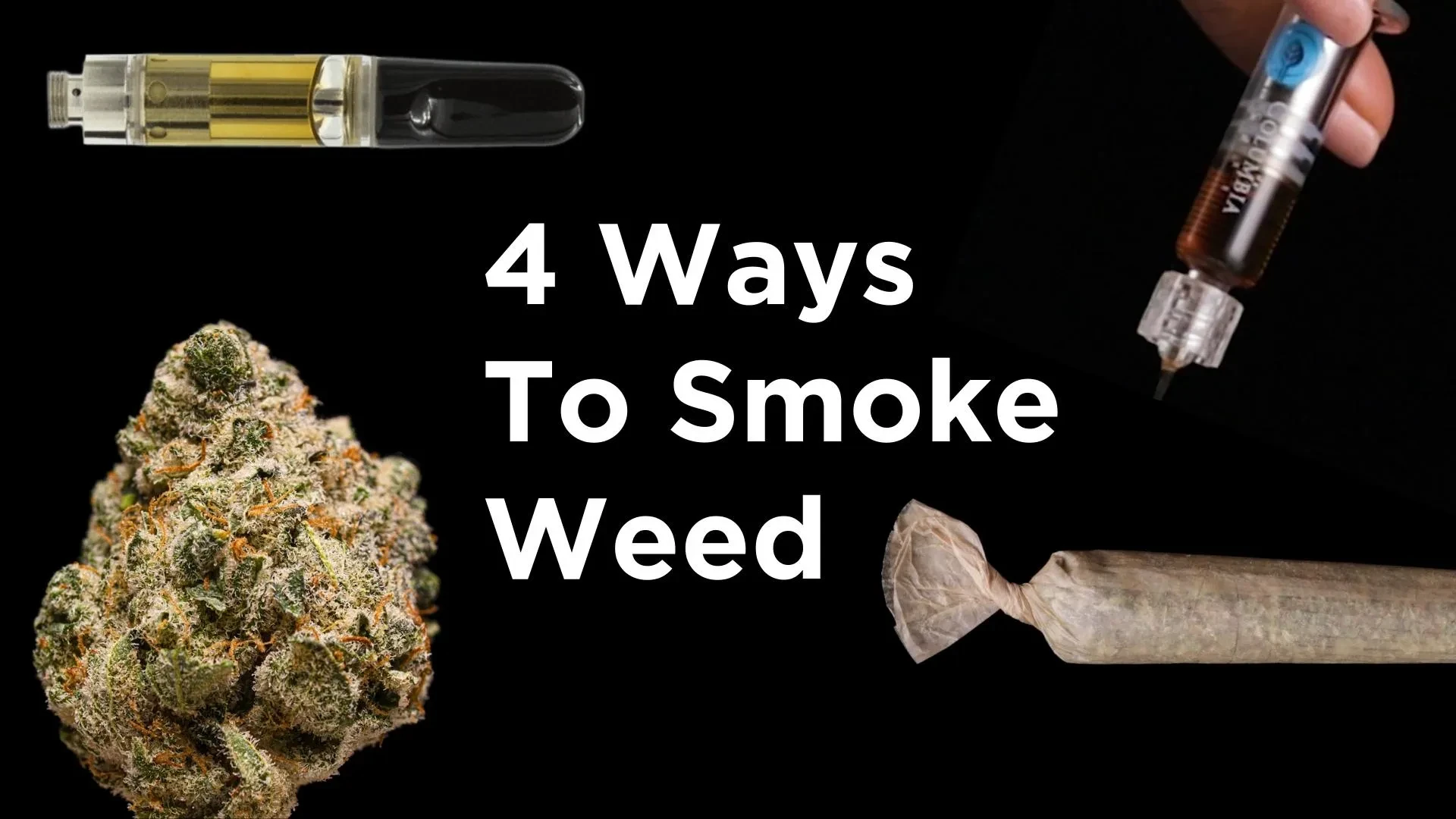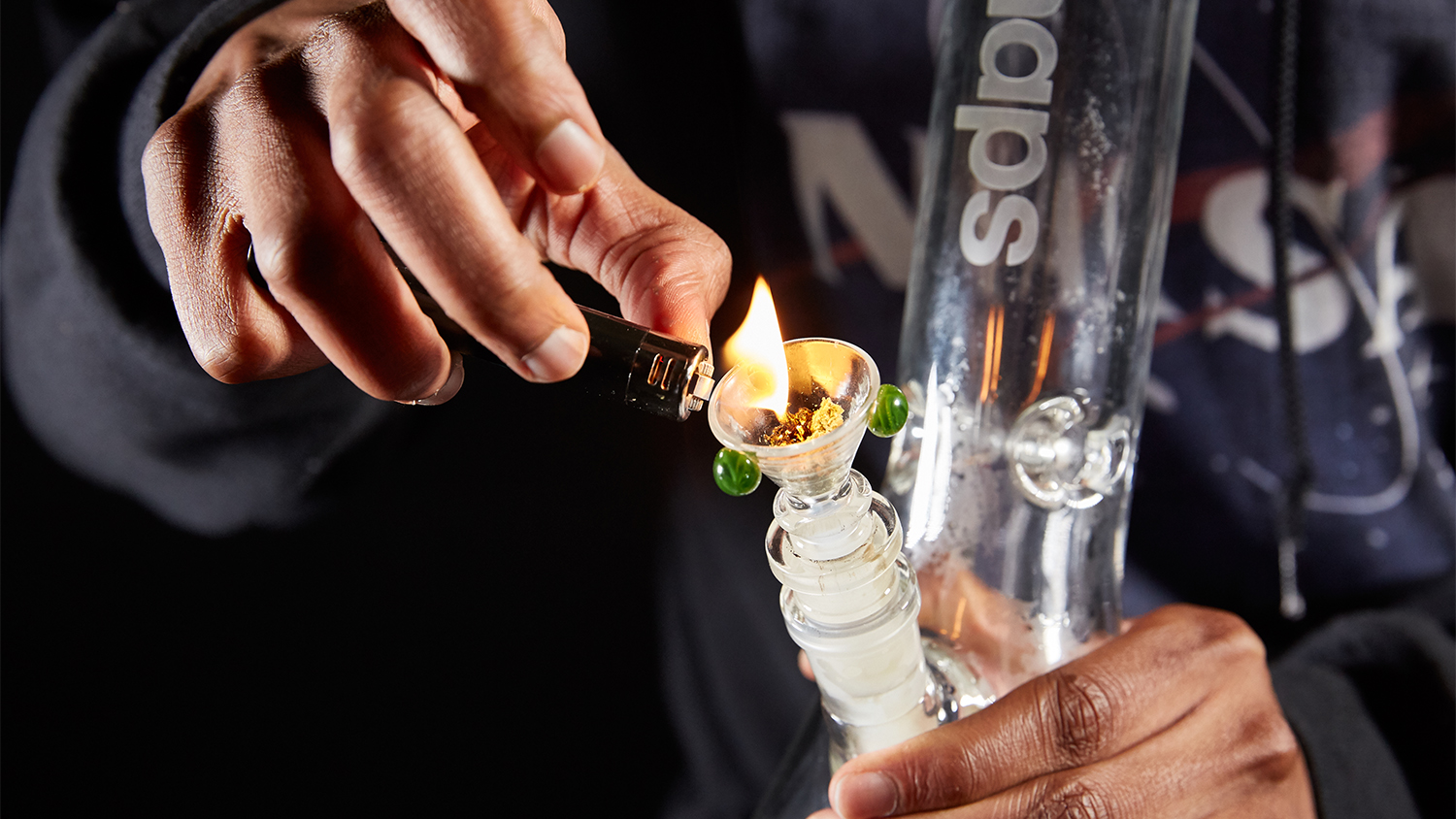How To Smoke Weed In Moderation

Marijuana use is skyrocketing, and many are struggling to control their intake. Is mindful consumption possible? The answer is a resounding yes, but requires strategy and discipline.
This guide provides actionable steps for moderating your cannabis use, addressing the who, what, where, when, and how of responsible consumption. We'll arm you with tools to reclaim control and enjoy cannabis without losing yourself.
Understanding Your Baseline
First, track your current usage. How often do you consume? How much? What strains are you using, and what are their THC/CBD levels?
Record this information for at least a week. This is crucial to establishing a benchmark. Use a journal or app to stay organized.
Identify why you consume cannabis. Is it for relaxation, pain relief, creativity, or social reasons? Understanding your motives is critical for modifying behavior.
Setting Realistic Goals
Now, set clear, achievable goals. Don't aim for complete abstinence unless necessary. Instead, focus on reducing frequency and quantity.
For example, if you currently smoke daily, aim for every other day. Reduce the amount you consume each session.
Be specific and write down your goals. This reinforces your commitment.
Choosing the Right Consumption Method
The method of consumption significantly impacts the intensity and duration of the effects. Smoking and vaping deliver rapid, intense highs. Edibles have a delayed onset and longer duration.
Consider switching to lower-THC products or methods that allow for precise dosing, such as vaporizers with temperature control or tinctures.
Edibles can be tricky for moderation. Start with very low doses (2.5mg - 5mg) and wait at least two hours before taking more.
Implementing Harm Reduction Strategies
Establish clear boundaries. Designate specific times and places for consumption.
Avoid consuming cannabis out of boredom or as a reflexive habit. Replace it with alternative activities.
Do not drive or operate machinery under the influence. Never consume cannabis before or during work if it affects your performance.
Mindful Consumption Techniques
Practice mindfulness. Before consuming, ask yourself if you truly want it. Acknowledge your craving, but don't automatically give in.
Pay attention to the effects. Notice how cannabis makes you feel physically and mentally.
Savor the experience. Avoid multitasking while consuming. Focus on the taste, smell, and sensations.
Identifying and Managing Triggers
What situations or emotions trigger your desire to consume cannabis? Identify these triggers and develop coping mechanisms.
Common triggers include stress, anxiety, boredom, and social pressure. Explore alternative ways to manage these feelings.
Consider therapy, meditation, exercise, or spending time with loved ones.
Seeking Support and Accountability
Don't go it alone. Talk to trusted friends, family members, or a therapist about your goals.
A support system can provide encouragement and accountability. Consider joining a support group or online forum focused on responsible cannabis use.
If you suspect you have a cannabis use disorder, seek professional help. A therapist or addiction specialist can provide guidance and support.
Tracking Progress and Adjusting
Regularly review your progress. Are you meeting your goals? Are you experiencing any negative consequences?
Adjust your strategies as needed. Moderation is an ongoing process, not a one-time event.
Be patient and persistent. Setbacks are normal. Don't give up on your journey.
Warning Signs of Problematic Use
Be aware of the signs of problematic cannabis use. These include: needing more cannabis to achieve the desired effect, experiencing withdrawal symptoms when not consuming, spending excessive time and money on cannabis, neglecting responsibilities, and continuing to use cannabis despite negative consequences.
If you experience any of these signs, seek professional help immediately.
Early intervention is key to preventing a cannabis use disorder.
This guide provides a starting point. Responsible cannabis use is a personal journey. Tailor these strategies to your individual needs and circumstances. Continued monitoring and adjustments are essential.


















